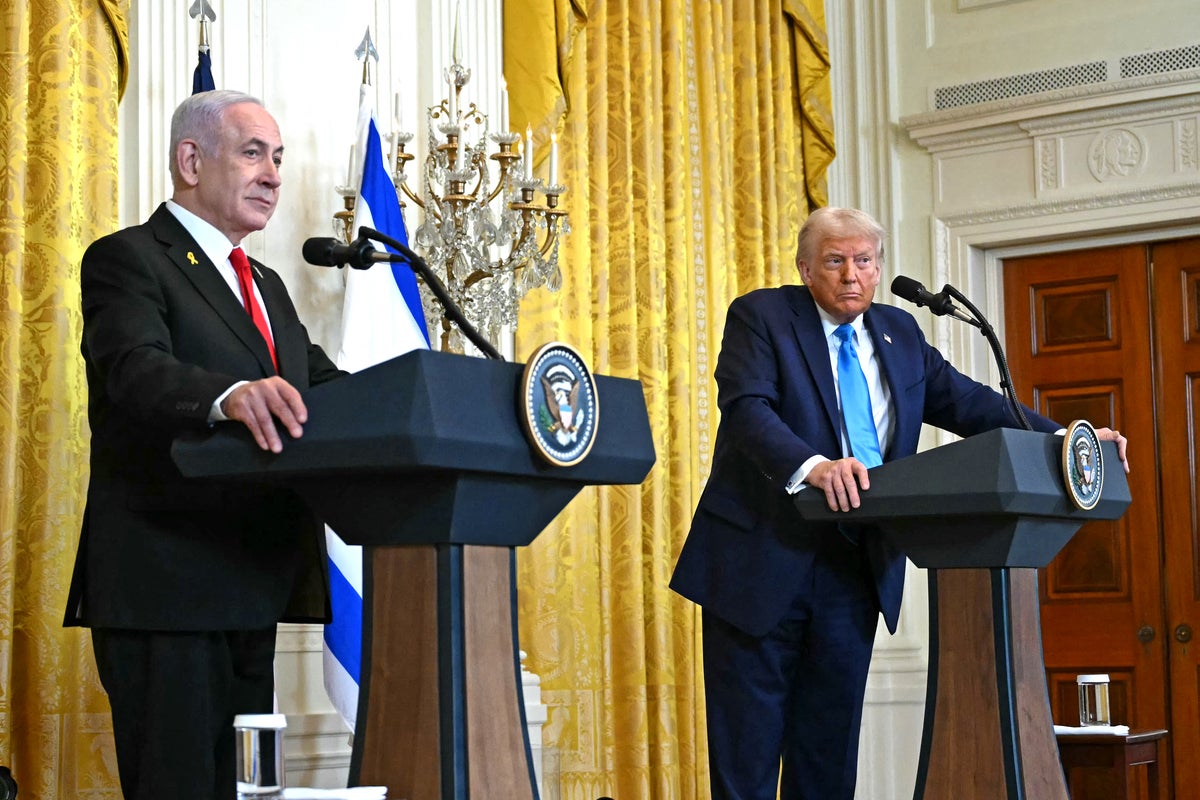Aljazeera.net correspondents
Oman- Although the results of the General Secondary Certificate Examination (Tawjihi) in Jordan are a social event that Jordanian families eagerly await, and their announcement is usually accompanied by large celebrations in various regions of the country, the ongoing war on… Gaza Strip This year, it cast its shadow over the manifestations of joy and celebration of successful people, unlike usual.
Some sectors of the Jordanian markets associated with the festive atmosphere witnessed relatively lower turnout than in previous years, especially with regard to the purchase of sweets, celebration and banquet supplies, as well as firecrackers and fireworks.
“We rejoice, but we do not celebrate”
In light of the general state of solidarity with the war of extermination taking place in the Gaza Strip, The head of the Jordan Chamber of Commerce, Khalil Al-Haj Tawfiq, said in an interview with Al Jazeera Net that the consumer pattern for Jordanians There has been a marked change from previous years in terms of results celebrations.
Al-Hajj Tawfiq added that there is a general feeling among citizens of the need to exercise self-control and reduce the manifestations of celebration, based on the principle of “rejoice and do not celebrate,” noting that the Jordan Chamber of Commerce has observed a decline in demand for sweets shops or supplies for preparing banquets and parties, as well as the case with event halls.
He stressed that what this occasion is witnessing is not the first to express this state of solidarity, but rather it is part of a change that has included the nature of life among Jordanians and their dealing with events, citing the Jerash Festival that was held recently and did not witness a large turnout compared to previous years.
Adel Mohammed, a sweets shop owner, told Al Jazeera Net that the demand for sweets was different in size from the same time in previous years, which witnessed “record demand,” which perhaps reflects the desire of families to show solidarity with the people of Gaza by reducing the amount of joy and exaggerated festive displays.
Gaza is present
The words of the top students in the Kingdom in the general secondary school branches this year did not fail to talk about Gaza and the suffering of the people of the Strip. Salma Salama, who ranked first in the Kingdom in the literary branch with a score of 99.9%, said, “I dedicate this success to our people in Gaza. May God relieve their distress, and to our beloved country.”
Mentioning Gaza and praying for it were also linked to congratulatory posts on social media, and some Friday sermons included a reminder of the need to celebrate in a way that takes into account the ongoing aggression in the Gaza Strip. Imam and preacher Mohammed Abu Hammam told Al Jazeera Net that he stressed during the Friday sermon that joy over the success of the children should not exceed feelings of sadness and solidarity with the people of Gaza.
Abu Hammam pointed out the necessity for preachers to urge people to respect the “sanctity of Muslim blood” that is being shed in the Gaza Strip by the Israeli criminal machine, and to express their joy at the success of their children in a decent and respectful manner that does not hurt the feelings of those living through the war.
He stressed that joy does not necessarily mean drowning in noisy celebrations, and that there are many ways through which happiness can be expressed in achievement.
With the atmosphere of joy over the results of the secondary school exams, it was noticeable that Jordanians continued to go out in the weekly demonstrations in the city centers, which witnessed the participation of thousands in solidarity with Gaza, demanding an end to the war that has been going on for more than 10 months.
The demonstrators chanted against the aggression on Gaza, and raised slogans calling for avoiding exaggerated celebrations, and directing efforts towards supporting the people of Gaza, whether materially or morally, as one of the participants said, “Our success comes from your success, and our joy comes from your joy,” in reference to the unity of destiny and solidarity among the Arab peoples, and the Palestinian people in particular.



